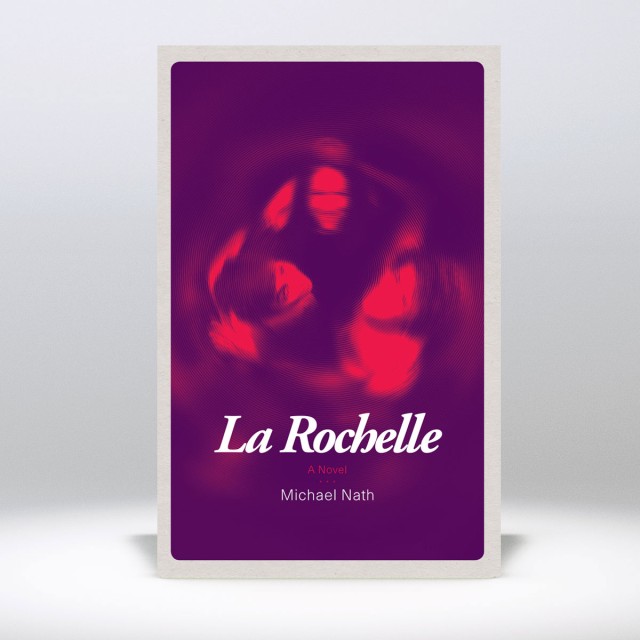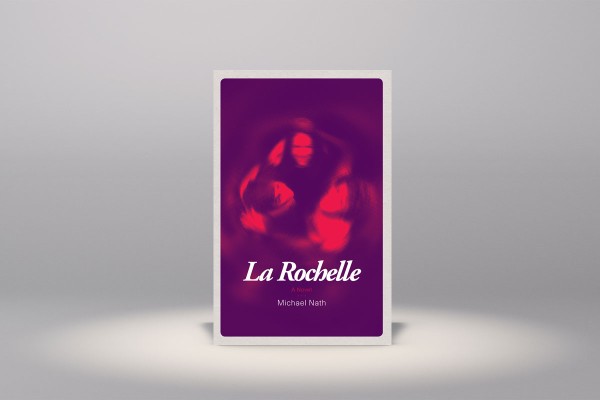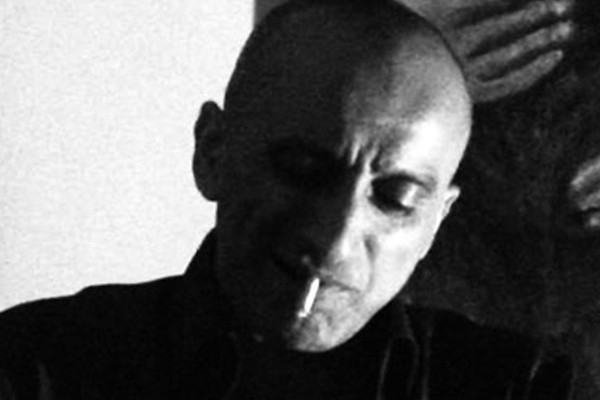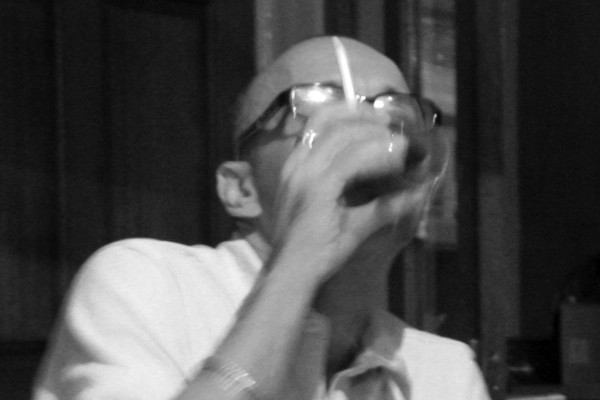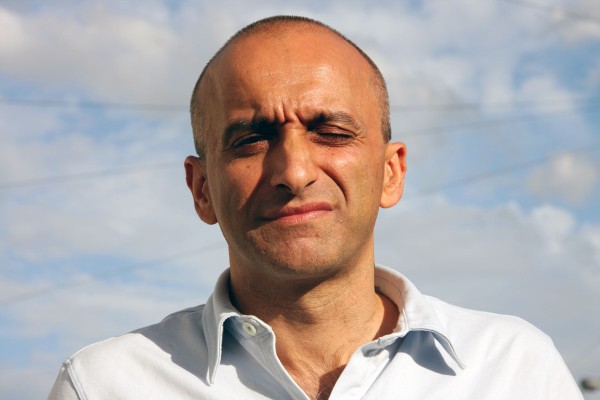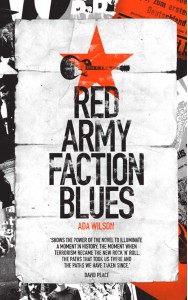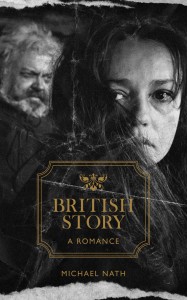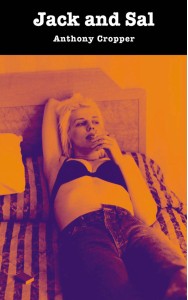Red Army Faction Blues
A coalition government. A widely mistrusted ruling elite. Riots in the streets and heavy-handed police tactics. Welcome to West Berlin, 1967. Undercover agent Peter Urbach is tasked with infiltrating a group of radical students whose anti-consumerist message is not without propaganda value on both sides of the Wall. Soon, high-minded political activism wi..
Read More